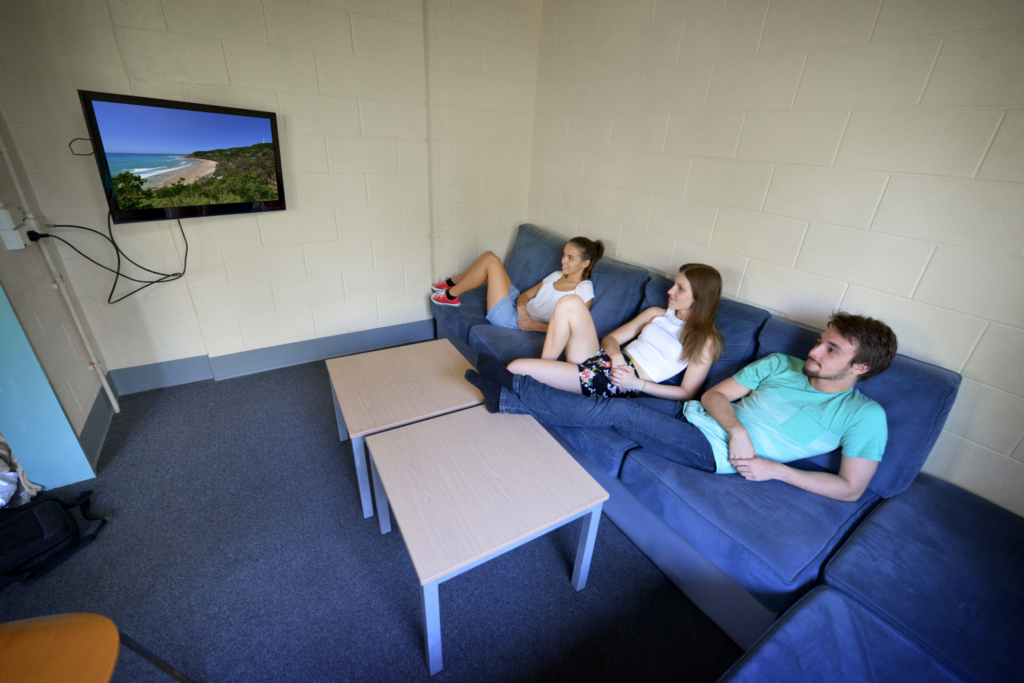Do you really want to go to college? Nowadays, you have to know what it is that you really want to do in life. Too often, we’ve had it pounded into our heads that traditional college is where we have to go to provide for a good future. That’s no longer true for most of us.
A trade school will train you in the field that you want to be in, and unless you are going for a specific degree that will allow you to enter a particular field (such as teaching or medicine that requires a four-year, and usually quite a bit more), you’re sometimes better off taking another path.
Most of us don’t have the money for college, and all too many young people burden themselves with student loans that will take far too many years of their lives to pay off. This doesn’t mean that students shouldn’t go to college. It simply means that college is no longer an affordable playground, something to enjoy while you “find yourself” or decide what you want to do with the rest of your life.
And it is the rest of your life that’s at stake. Forty-plus years of your life will be spent trying to make enough money to pay mortgages, health insurance, car loans, and myriad other general costs of living. There are ways to specialize in whatever field you have chosen, raising your standard of living, and usually providing a more rewarding work field for yourself.
Trade schools offer excellent training in numerous fields, in a far shorter time (and for far less money) than traditional colleges. But all too often, young people think in too broad of terms about what they’d like to do in life. Being a hairstylist is fine. Being a hairstylist that specializes in children, or in thinning hair, or in extras like the application of weaves, brings your skill level up, lifting you out of the crowd.
A massage therapist who also has a degree in childcare is going to be in more demand than a massage therapist without any special skills. Adding classes in Reiki and/or acupressure to your resume will not only help you develop more related skills but will give you the ability to educate your clients in self-care, in understanding that there is more to massage than a body rub.
Surveys have shown that patients are much happier when they feel that they can take some responsibility in their health care. The suggestion that they work on stretching during the week, or that they make sure they are getting adequate exercise, doesn’t in any manner reduce the number of times they return for (in this case) a massage. If anything, it makes them more enthusiastic about returning. They can discuss their progress, talk over any problems they encounter, and feel healthier and more energized.
So if you know of a field that you think you’d really enjoy, something that you’re enthusiastic about, don’t hesitate about taking extra courses that complement your basic interest. Often you can take evening classes of limited duration, and at a reasonable cost, that will not only improve your skills, but that will look extremely good on your resume.
We don’t all want to be teachers. Some of the best minds don’t do well in the school system. Many of us really prefer manual work rather than office work. It’s time that artisans are once again recognized as highly skilled labor, and that one necessary skill is equal to any other, whether blue-collar or white-collar.
Should you forget conventional college? Of course not, if that is where you choose to go for your advanced education. But think it through before you spend many years and tens of thousands of dollars to get an education in a field that you find that you don’t really enjoy or that you can’t find employment in. Life can be tough. It can also be great fun. We can’t control everything that happens to us, but we can do our best to make wise decisions.






